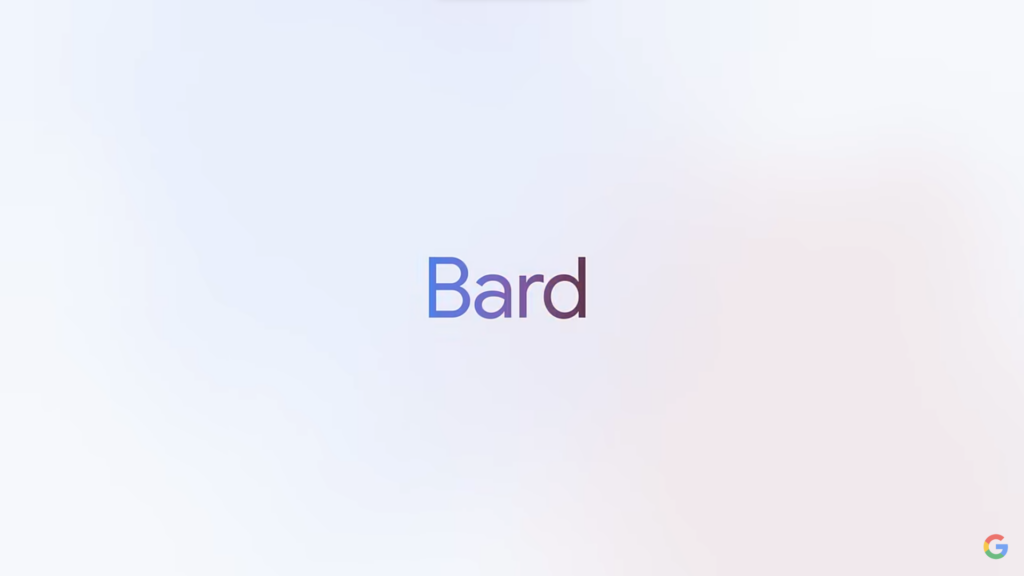Google rebrands Bard as it announced the launch of Gemini Ultra, its most robust large language model yet. It which will be available to subscribers under the rebranded name Bard. This move signals CEO Sundar Pichai’s strategic focus on Google’s Gemini series, first introduced in December 2023. These neural networks are versatile tools capable of summarizing information, analyzing data, coding, generating images based on prompts, and performing various other advanced tasks typical of today’s leading LLMs.

Significantly, Google rebrands Bard has renamed its general-purpose question-answering chatbot Bard and Duet AI tools in Google Workspace to Gemini and Gemini Workspace, respectively, as they now utilize the Gemini family of models internally. To access Bard—now Gemini—with the latest Ultra 1.0 model, users will need to subscribe to the Google One AI Premium plan at $19.99 per month, enabling them to utilize Gemini Advanced features.
Gemini: A New Frontier in Virtual Assistants
Gemini, the latest innovation in virtual assistant technology, offers a unique proposition for users seeking advanced functionalities without the price tag. While the standard Bard, or Gemini Pro, comes at a cost, users can harness the power of a less potent Gemini Pro model for free. Furthermore, Google’s Assistant transforms, integrating some of Gemini’s capabilities into its framework.
Downloading Gemini App
By downloading the Gemini app or enabling it through Google Assistant on Android devices, users gain access to a natural-language assistant. A simple “Hey Google” activates Gemini, provided the device is configured to respond to voice commands. With Gemini at their disposal, users can command tasks such as generating captions for photos or retrieving additional information related to articles they’ve perused.
Exclusive features
However, certain functions, like controlling smart devices, setting timers, or placing calls, rely on a pre-Gemini model. For iPhone users, accessing Gemini is possible through the Google app, although not through Google Assistant. After Google rebrands Bard, Gemini represents a significant leap forward in virtual assistant technology, offering an array of features that cater to users’ diverse needs, all while remaining accessible to a wider audience.
Google Rebrands Bard to Gemini Subscription
Google CEO Sundar Pichai heralded a significant shift in Gemini’s role, emphasizing its evolution beyond mere models. He highlighted its transformation into a comprehensive ecosystem, supporting various products and enabling innovation for developers and businesses. Notably, Google’s subscription plan, akin to those of competitors like OpenAI and Anthropic, extends beyond traditional language model offerings.
A Holistic Ecosystem Beyond Language Models
Distinguishing itself from competitors, Google’s subscription service offers more than access to a powerful chatbot with content generation capabilities. Subscribers gain access to substantial storage, with up to 2TB across Gmail, Google Drive, and Google Photos accounts. Furthermore, Google intends to integrate Gemini into productivity applications such as Docs, Sheets, Slides, and Meet, although specific timelines remain undisclosed. For enterprise or work-related usage, Gemini for Workspace—previously known as Duet AI—provides tailored solutions within these applications.
Google Unveils Gemini Rebranding
This revamped platform after Google rebrands Bard, powered by Gemini models, will enhance chat and coding assistance tools alongside AppSheet, a no-code app-building software. The rollout of Gemini Advanced, based on Gemini Ultra, has reached over 150 countries and territories, albeit currently supporting only the English language. Additionally, the free version of Bard, now known as Gemini, will persist, utilizing the Gemini Pro model, albeit less powerful than Gemini Ultra.
Supports C2PA’s Content Credentials Specification
In other developments, Google is throwing its weight behind the Coalition for Content Provenance and Authenticity’s (C2PA) Content Credentials specification. This move implies forthcoming updates to Google and YouTube applications, alerting users to C2PA metadata in media indicating AI generation and embedding such metadata into computer-generated content. Despite concerns over the vulnerability of Content Credentials to metadata stripping, measures are underway to automatically restore missing metadata from a cloud repository.